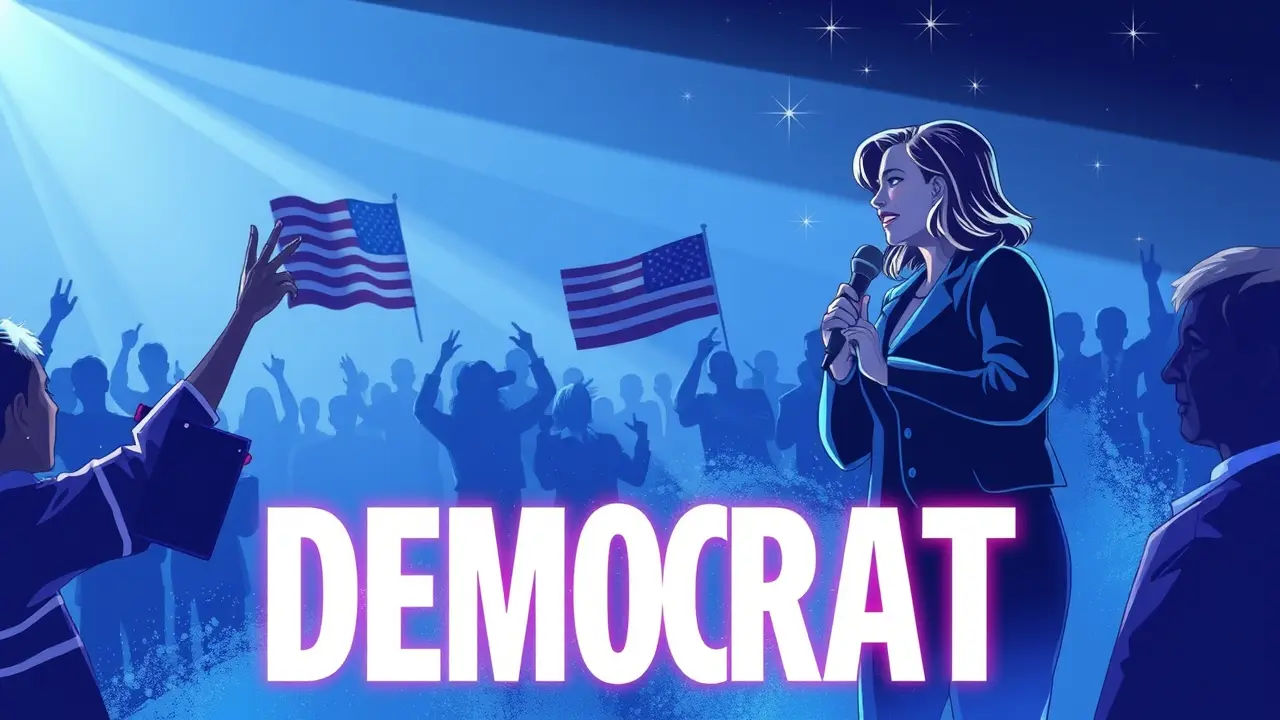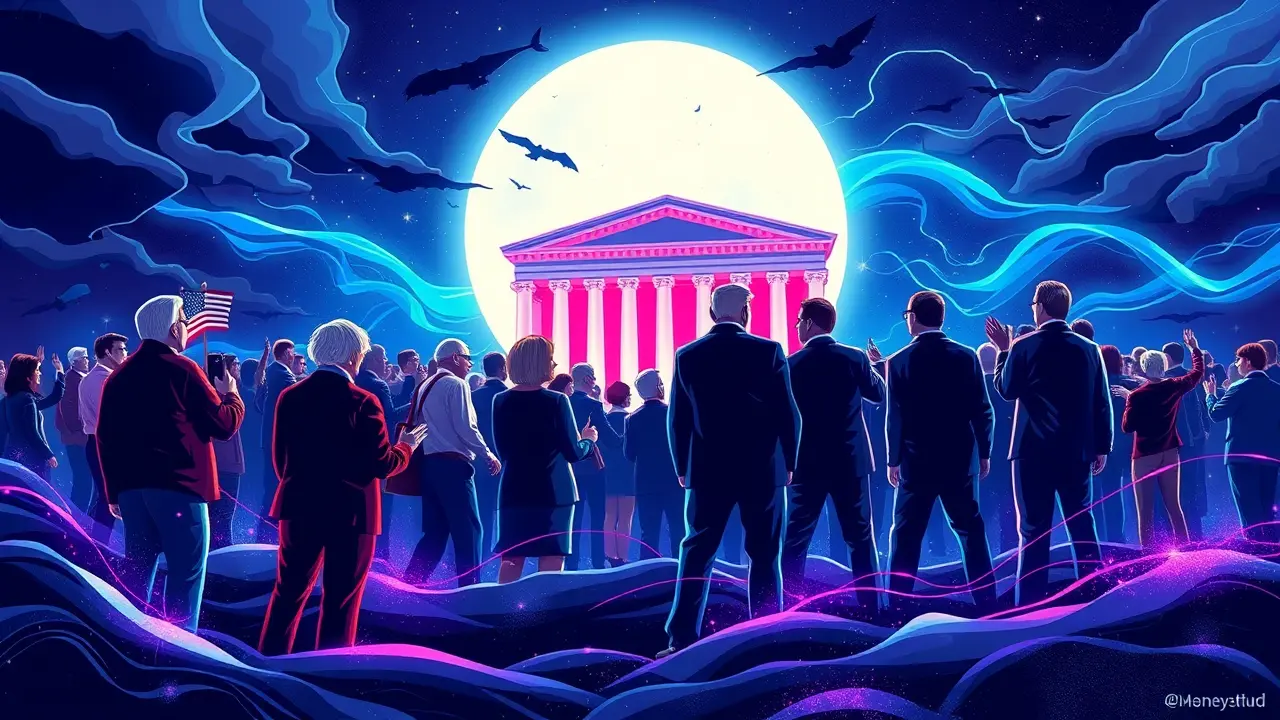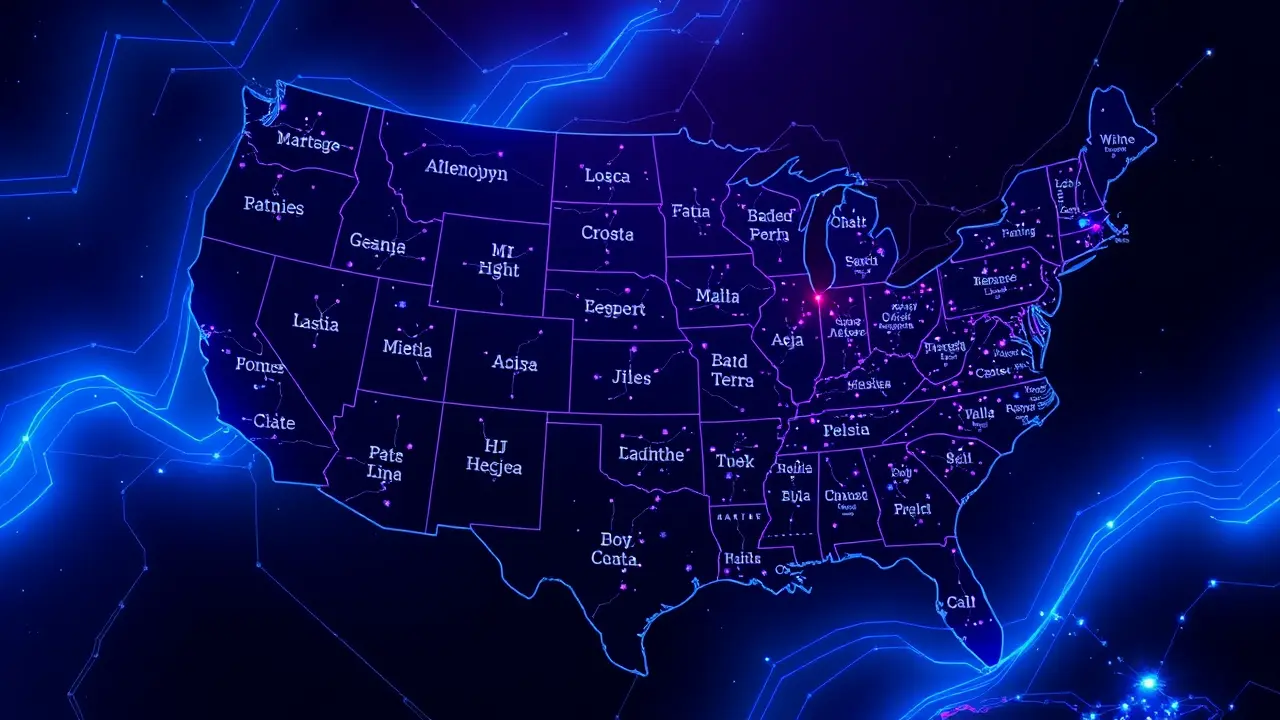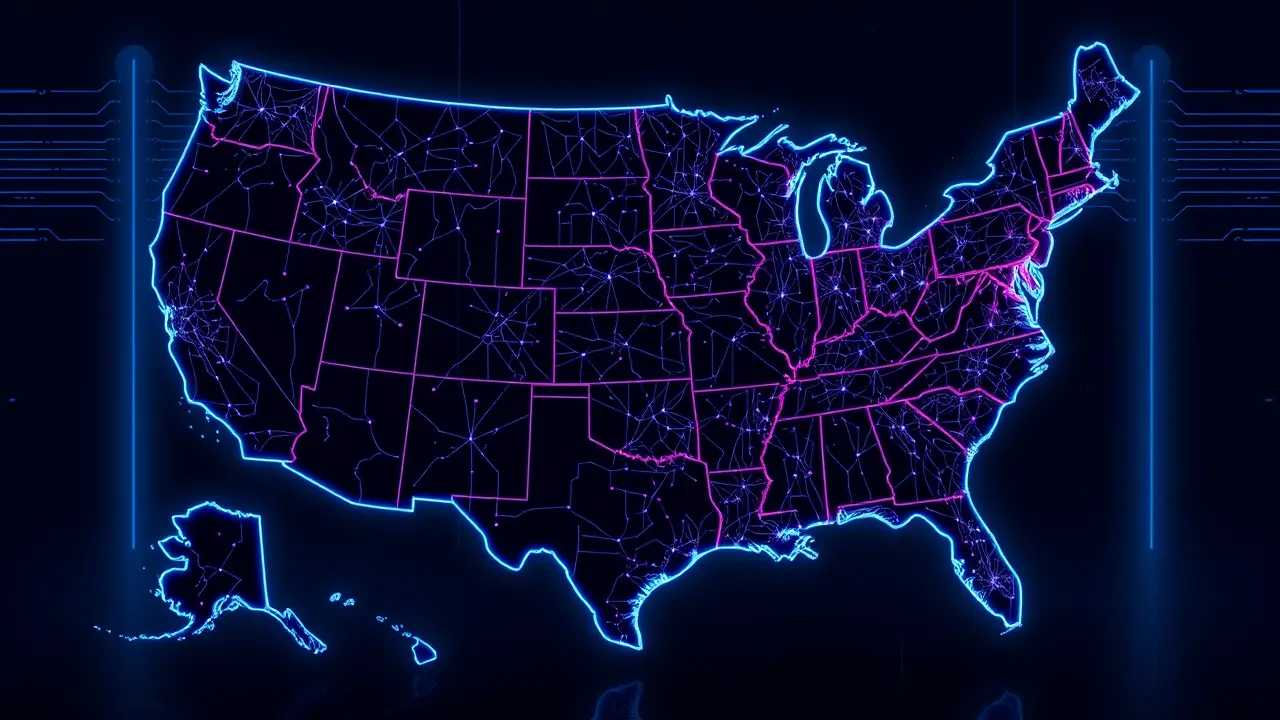
PoliticselectionsPresidential Elections
Mamdani's Analysis of US Political Transformation
RO
Robert Hayes
4 hours ago7 min read1 comments
The American political landscape, long characterized by its stable two-party duopoly, is undergoing a profound and potentially irreversible transformation into a fragmented system comprising four distinct factions: establishment Republicans, establishment Democrats, alt-right populists, and democratic socialists. This realignment, reminiscent of the ideological cleavages that have periodically reshaped Western democracies, presents a formidable challenge for any incoming leader, including New York’s mayor-elect, who must navigate this complex new terrain.The traditional Republican and Democratic establishments, once the undisputed centers of power, now find themselves besieged from within by insurgent movements that reject the political orthodoxy of the past several decades. The rise of the alt-right populists, with their potent blend of economic nationalism and cultural grievance, has shattered the consensus that once governed conservative politics, while the democratic socialist wing has forcefully moved the Democratic conversation toward ambitious progressive policies like Medicare for All and the Green New Deal.This four-party system-in-waiting is not merely a theoretical construct; it is the lived reality of congressional votes, primary challenges, and the increasingly polarized media ecosystems that cater to each faction. For a municipal leader like New York's next mayor, this national schism translates into immediate, local pressures, where navigating a city budget or public safety policy requires balancing the demands of these competing ideological blocs, each with its own powerful constituencies and media amplifiers.The historical parallel that comes to mind is the political turmoil of the 1960s, which ultimately led to a fundamental party realignment, but the velocity and depth of the current fragmentation are unprecedented in the modern era, accelerated by social media and deep-seated economic anxieties. As the new mayor confronts those who would seek to derail his agenda, he must operate with the strategic foresight of a wartime leader, understanding that his success will depend on his ability to build coalitions across these new fault lines, lest the city—and by extension, the nation—succumbs to a paralytic gridlock that benefits no one but the most extreme elements. The very future of effective governance may hinge on whether our political institutions can adapt to this new, more volatile reality.
#editorial picks news
#US politics
#political realignment
#two-party system
#populism
#democratic socialism
#New York mayor
Stay Informed. Act Smarter.
Get weekly highlights, major headlines, and expert insights — then put your knowledge to work in our live prediction markets.
Related News
© 2025 Outpoll Service LTD. All rights reserved.














